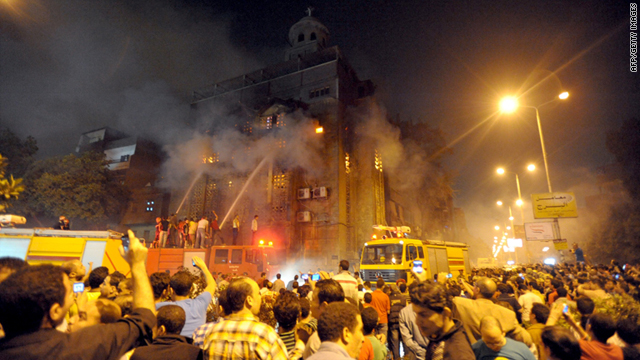You've read the news. Now understand it.
Ryan Jones

Israeli watchdog group Palestinian Media Watch published a detailed report on Sunday showing why the content of Palestinian Authority school textbooks makes reaching a genuine peace accord between Arabs and Jews impossible in the near future.
The report shows how Palestinian Authority schools have for the past decade indoctrinated the next generation of Arabs to view Israel as a blood-thirsty, thieving enemy. This stands in stark contrast to the terms of the already-signed Israeli-Palestinian peace deals, which obligate both sides to educate their people for peaceful coexistence.
One example quotes from a 12th-grade textbook published by the Palestinian Authority, which teaches students that:
"Palestine's war ended with a catastrophe that is unprecedented in history, when the Zionist gangs stole Palestine and expelled its people from their cities, their villages, their lands and their houses, and established the State of Israel."
These types of lessons try to instill in young Arabs the idea that there was once a sovereign and free nation known as "Palestine" and that about 100 years ago the Jews began invading and taking over that nation.
In reality, the territory from the Jordan River to the Mediterranean Sea had never been an independent national entity except under ancient Israel and later the Christian Crusaders from Europe.
Nor was the land teeming with an Arab population that was pushed out by the Jews.
If Mark Twain, an impartial visitor to the region in the late 19th century, is to be believed, the Holy Land before the mass return of the Jews was "a desolate country... We never saw a human being on the whole route... There was hardly a tree or a shrub anywhere." (The Innocents Abroad)
The truth, as investigative journalist Joan Peters discovered when researching British Mandate documents, is that most of the Arab population was as new to the land as the returning Jews.
In her book From Time Immemorial, Peters notes a huge jump in the number of local Arabs around 1930, a jump that would not be attributed to natural growth. It was also shown that most of the Arab growth was taking place near Jewish population centers, further debunking the myth that the Jews were pushing the Arabs out.
But such first-hand accounts and meticulously-researched data are barred from Palestinian Authority textbooks in favor of the more populist narrative currently fueling the conflict.
These efforts to instill hatred for Israel in every Palestinian are not confined to schools, either.
Palestinian Media Watch included another example from the main Palestinian Authority newspaper Al-Hayat Al-Jadida. In its Ramadan supplement last year, the newspaper printed a quiz that asked readers:
"The cursed James Arthur Balfour Declaration led to the theft of the homeland and the expulsion of an entire people, in a campaign of ethnic cleansing unparalleled in modern history. On what date and what month in 1917 was this declaration issued?""
Speaking to the Jerusalem Post, Palestinian Media Watch director Itamar Marcus noted that regardless of whose version of historical events one accepts as true, the Palestinian Authority's actions are not those of a "leadership that wants peace."
"They don't need to celebrate Israel's founding the same way that Israel would look at the history of Palestinian terror," added Marcus, "but if we can put it behind us we can move on and have peace."
While the international community clambers for a signed and sealed peace agreement between Israel and the Palestinians, most Israelis know that a piece of paper alone is not enough to end the Middle East conflict.
Unless both Arabs and Jews are educated for peace, Israelis argue that a future peace treaty won't be worth the paper it is printed on, and the conflict will rage on unimpeded.



